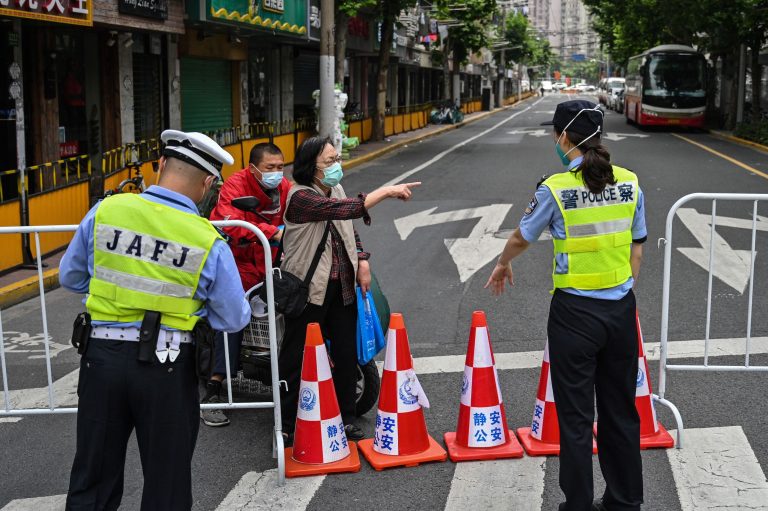The Chinese Ministry of Public Security (MPS) unveiled a three-year action plan at the end of March to expand the communist regime’s police forces at the grassroots level, as reported by various outlets.
Such a scheme has been a feature of everyday life in the Xinjiang region — where over 1 million ethnic Uyghurs and other minorities are imprisoned and “re-educated” in internment camps — for over a decade already, and with the MPS’ new plan, looks to be implemented across all China.
Called the “Three-Year Action Plan for Strengthening Public Security Police Stations in the New Era (2023–2025),” the project not only calls for “one police station for each village (or grid block)” but also for police to be integrated in the leadership of civil institutions such as town governments and even schools. For example, police officers may be mobilized to serve as school vice-principals.
In China, the lowest-level rural communities are called villages, while the “grid block” is the equivalent urban unit.
According to China Daily, a state-run English-language outlet, the Action Plan “lays out requirements in seven areas of police station work from 2023 to 2025, including sounder systems, more reasonable distribution of police personnel and more meticulous fundamental work.”
- Communist Party Forces Parents of Kindergarten Students to Sign Promise of Atheist Indoctrination
- China Removes All References to Marxism From State Council Guidelines, Leaving Only Xi Jinping Thought
Success
You are now signed up for our newsletter
Success
Check your email to complete sign up
Human rights website China Change notes that the MPS’ action comes with the increasing securitization of Communist China; in addition to the integration of police officers in leadership positions, more civilians are being enlisted into the ranks of irregular or even volunteer law enforcement units.
The extent to which the Chinese Communist Party (CCP) to plans to expand the police state can be seen in the three-year plan’s call for “one million police officers entering ten million homes.” According to the plan, police may even be called upon to intervene in “family conflicts and emotional disputes.”
In its April 3 piece examining the expansion of the CCP’s internal security forces, China Change observes that even auxiliary police personnel are much better-paid than average civil servants, not to mention everyday Chinese citizens.
One hiring ad for three such law enforcement positions in Hangzhou, eastern China, advertises an annual salary of 150,000 yuan (around US$21,800), which is nearly twice the Chinese GDP per capita.














